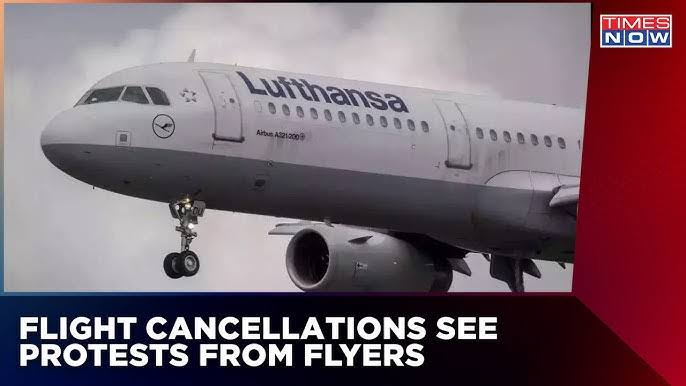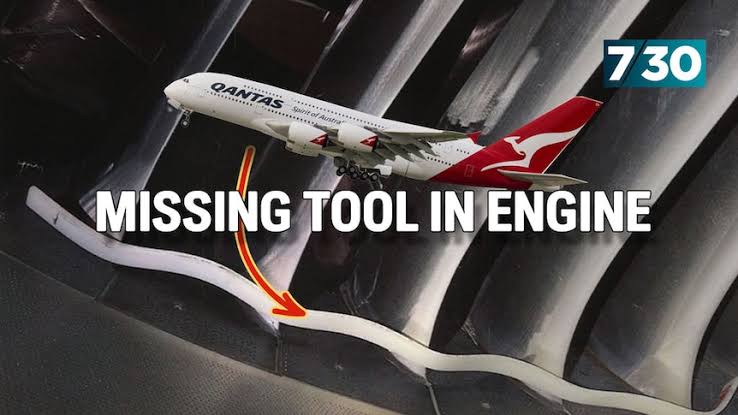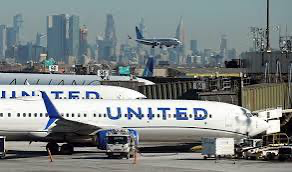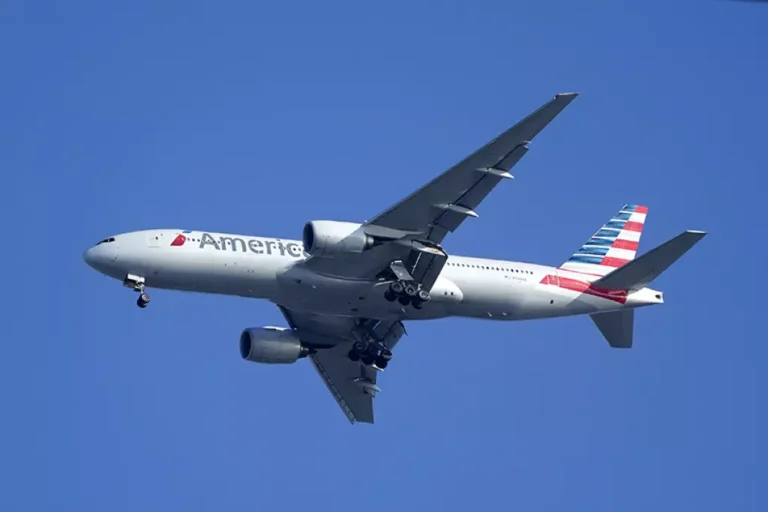“Lufthansa CEO Declares Emergency Landing as Mechanic Strike Grounds 500 Flights”
In a dramatic turn of events, Lufthansa, one of Europe’s largest and most prestigious airlines, has been forced into crisis mode after a large-scale strike by its mechanics led to the cancellation of more than 500 flights across its global network. The situation reached critical levels when the airline’s CEO, Carsten Spohr, was compelled to declare an operational emergency, which included the emergency landing of multiple aircraft due to technical uncertainties and logistical challenges caused by the strike.
A Sudden Disruption
The chaos began early Thursday morning when thousands of Lufthansa’s maintenance and engineering personnel, primarily based in Frankfurt, Munich, and Hamburg, walked off the job without prior notice. The strike, reportedly organized in response to stalled wage negotiations, poor working conditions, and increased overtime demands, triggered an immediate wave of disruptions.
Within hours, the airline’s operations began to unravel. Dozens of domestic and international flights were delayed or grounded, stranding tens of thousands of passengers across Europe, North America, and Asia. By midday, over 500 flights had been officially canceled, and that number continued to grow.
“This is an unprecedented crisis,” said Carsten Spohr in a press conference held at Lufthansa’s headquarters in Frankfurt. “We respect the rights of our employees to protest, but the suddenness and scale of this strike pose serious risks to operational safety and the trust of our passengers. We are taking all necessary emergency measures to minimize harm and restore stability.”
Emergency Protocols and Landings
In a rare move, Lufthansa activated its top-tier emergency response protocol. The airline confirmed that at least five aircraft en route to long-haul destinations were rerouted and forced to land early as a precautionary measure, citing concerns over incomplete mechanical checks and the absence of certified maintenance personnel at several hubs.
Among these, Flight LH482 from Frankfurt to Chicago was diverted to Dublin after an onboard systems alert raised concerns about a malfunctioning auxiliary power unit (APU). While the issue was later deemed non-critical, the absence of ground mechanics in Frankfurt meant the aircraft had not undergone its standard pre-flight mechanical review.
Passengers onboard affected flights described a tense and uncertain experience. “The captain announced there was a precautionary issue, and we’d be making an unscheduled landing in Ireland,” said Sara Jensen, a passenger on LH482. “There was no panic, but you could tell the crew was on edge.”
The Heart of the Dispute
At the center of the conflict is the growing frustration among Lufthansa’s mechanical and engineering staff, many of whom claim they have been overworked, underpaid, and increasingly sidelined in critical company decisions.
The German Engineers and Aviation Technicians Union (GEATU), which represents more than 8,000 Lufthansa employees, issued a public statement supporting the strike. “Our members are the backbone of Lufthansa’s safety and reliability,” the statement read. “We have warned the company for months about the deteriorating working conditions. The decision to strike was not taken lightly, but management left us no choice.”
According to GEATU, the demands include a 12% wage increase to adjust for inflation, improved scheduling protocols to prevent excessive overtime, and a seat at the table during future organizational planning discussions.
Passenger Backlash and Operational Fallout
The backlash from passengers has been swift and vocal. Thousands took to social media to express their anger, confusion, and anxiety over missed connections, ruined travel plans, and lack of timely communication from Lufthansa.
“I had to cancel a business meeting in Tokyo because my flight was grounded last minute,” said Mark Liu, a tech executive based in Berlin. “Lufthansa didn’t send an alert until I was already at the airport. This is unacceptable from an airline of their caliber.”
Airport terminals in Frankfurt and Munich were overwhelmed by stranded travelers seeking rebooking options or refunds. Lufthansa’s customer service centers were reportedly inundated with over 200,000 calls within a 24-hour period, crashing several support lines.
Tourism and business organizations have also begun to weigh in, with the German Travel Association urging a swift resolution to prevent further economic damage.
Lufthansa’s Response and the Road Ahead
In response to the escalating crisis, Lufthansa has begun reaching out to third-party maintenance contractors and retired engineers to temporarily fill critical positions, though this has raised concerns about training, oversight, and safety.
The airline also announced it would be offering full refunds, no-change-fee rescheduling, and compensation vouchers to all affected passengers. “We understand the enormous inconvenience this situation has caused,” said Spohr. “Our priority is the safety of our passengers and the swift restoration of our services.”
Meanwhile, negotiations between Lufthansa leadership and union representatives are expected to resume within the next 48 hours, with German labor mediators stepping in to facilitate dialogue.
Industry analysts warn that the impact of the strike may ripple beyond Lufthansa. “What we’re seeing is a reflection of broader unrest in the aviation industry,” said Hans Kreutzer, a transportation analyst with Deutsche Marketwatch. “Maintenance crews are often underappreciated, yet they are vital to flight safety. Airlines across Europe should take note.”
A Broader Industry Challenge
The Lufthansa mechanic strike is part of a growing trend in the aviation sector, where post-pandemic recovery efforts have placed tremendous strain on frontline and technical staff. As airlines ramped up operations to meet soaring travel demand, many workers found themselves overburdened with little increase in compensation or support.
Other European carriers, including Air France and British Airways, have also faced strikes or threats of walkouts from staff demanding better pay and working conditions.
“This isn’t just about Lufthansa—it’s about the sustainability of the entire aviation workforce,” said Marianne Vogt, labor economist at the University of Cologne. “If airlines don’t address these systemic issues now, we can expect more frequent disruptions and potential safety risks.”
Conclusion
As Lufthansa scrambles to stabilize its operations and restore confidence among passengers, the spotlight remains fixed on the outcome of ongoing labor negotiations. The next few days will be crucial in determining not just the future of Germany’s flagship carrier, but also how the airline industry adapts to the growing demands of its essential, yet often overlooked, workforce.
For now, Lufthansa’s wings are clipped—and its journey back to the skies remains uncertain.






